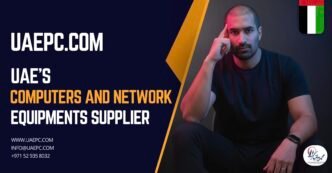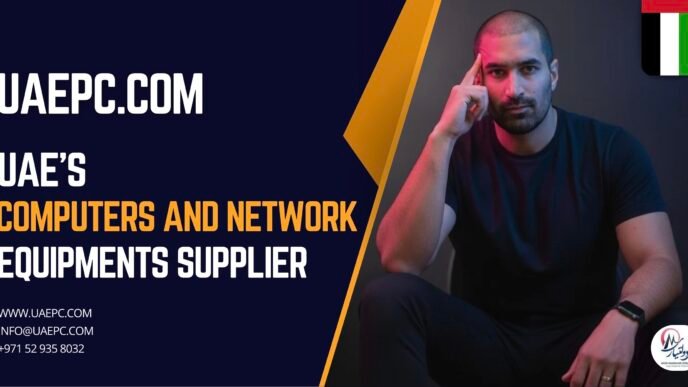Dubai has launched Free Zone Mainland Operating Permit to enable free zone companies to operate in Dubai’s mainland through a structured permit system.
“This move eases cross-jurisdiction operations, opening cost-effective, low-risk pathways for businesses to engage in domestic trading and secure government contracts, and fostering growth for small enterprises and multinationals alike,” Dubai’s Department of Economy and Tourism (DET) said on Wednesday.
The Free Zone Mainland Operating Permit is valid for six months at the cost of Dh5,000 renewable for the same fee every six months.
Dubai’s Department of Economic Development (DED) revealed that “Free zone companies engaging in mainland activities will be subject to 9% corporate tax on related revenues and must maintain separate financial records in line with Federal Tax Authority (FTA) requirements. This is expected to promote transparency and regulatory harmony. Moreover, businesses that avail this permit can use their existing staff in mainland operations, without the need to recruit new ones,” DET noted.
A total of 10,000 firms set to profit
DET worked on combining free zone and mainland operations and the outcome was amazing as: “Such an initiative is anticipated to enhance cross-border activities (within Dubai) by 15-20 percent in the first year, which would be a great benefit to 10,000 active free zone entities and, at the same time, it becomes possible for companies to move into the local trade market, intertwine with local supply chains, and consequently obtain tenders and contracts worth billions annually from the public sector — opportunities that were only allowed previously to the entities licensed by the mainland.”
“We are making business easier while providing more ways for growth from the market scene to the government deals,” mentioned the CEO of Dubai Business Registration and Licensing Corporation (DBLC) Ahmad Khalifa AlQaizi AlFalasi, “This initiative on the other hand would be like setting Dubai as a model of regulatory innovation in a more significant way and thus it will reconfirm its adopted policies that are utterly good for businesses again. This will in turn be the main driving force behind job creation, entrepreneurship, and a grow competitiveness rewarding globally-natured investors.”
The final scheme of infrastructure and policy in Dubai has laid the foundation for 10,000 companies to be the winners of the border-interchanged arena almost overnight. With all the possible advantages coming out from the interconnection mode—the local trading market, the domestic supply chains web that local manufacturers/ vendors or service providers rely upon, and the government procurement of goods and services that many UAE-based firms aspire to participate in and gain from—the beginning of the scheme where only mainland licensees could be parties to such provision is long gone and the UAE has made a landmark decision to undo that ideal and provide equal business operating terms for entities based in both free zones and on the mainland.
Companies that are registered in a free zone and have a Dubai Unified License (DUL) are allowed to submit their applications online through the Invest in Dubai (IID) platform. DET has confirmed that the procedure is carried out completely through the internet making it possible for the Small and Medium-sized Enterprises (SMEs), startup businesses, and incorporation agents who want to be in the mainland to save time.





